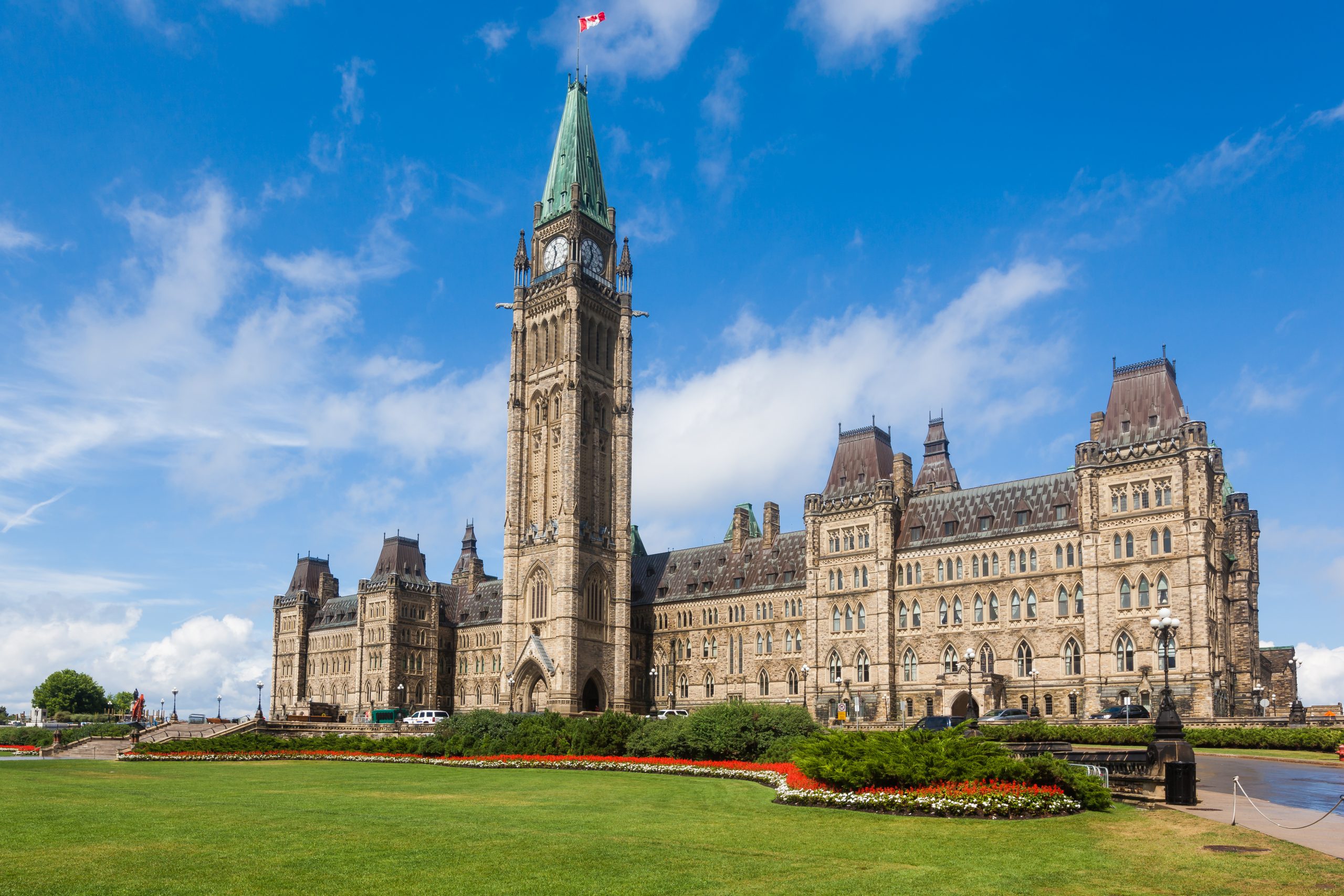How governments respond to the challenge of international migration is one of the most politically defining and socioeconomically consequential policy decisions of our time.
Antje Ellermann, Associate Professor of Political Science and Director of the Institute for European Studies, leads the UBC Migration research cluster. We asked Ellermann what motivated her to start the research excellence cluster, to tell us more about the cluster’s work to date, and her goal to connect migration research, policy, and practice.
About the Migration Research Cluster:
Bringing together researchers from a wide range of disciplines, the UBC Migration Cluster seeks to understand and engage in debate about the drivers and consequences of international migration through research, education, and outreach.
What motivated you to organize a research cluster on international migration?
Migration research is an interdisciplinary field of study that has been rapidly expanding across the social sciences and humanities over the past two decades. At UBC, there are many faculty and graduate students who are studying migration, but most of us have been working in a rather siloized fashion within our respective departments because there has been no interdisciplinary structure to bring us all together. Institution-building is a hard thing to do in the absence of funding and staff support, and so when UBC started to make available seed money for the creation of research excellence clusters I decided to jump at the opportunity and applied.
What is your vision for the migration research cluster?
I envision the migration research cluster as an intellectual home for all UBC scholars working on questions of migration. Migration research is still marginalized in many departments and individual scholars can feel quite isolated as long as they are only working within their disciplinary contexts. I also see the cluster as a hub to facilitate dialogue between migration scholars, community practitioners, and policy makers. Thinking ahead to the future, my dream is for us to establish a Centre for Migration Studies here at UBC that would allow us to permanently institutionalize migration research. It would be amazing to have our own space and resources to attract postdoctoral students and support our graduate students.
Tell us about your recent symposium, Bridging Research, Policy, and Practice – Introducing the UBC Cluster on Migration?
This April, we organized a two-day symposium designed to put the cluster on the map. We brought together migration scholars from UBC and SFU, immigrant and refugee service providers across the Lower Mainland, and municipal, provincial, and federal policy makers, including the Deputy Minister of Immigration, Refugees and Citizenship. It really allowed us to showcase all the collaborations and networks we have established since we started out in January – we now have a membership of 35 faculty members and postdoctoral fellows, 40 graduate students, and 11 service providers. To get a more immediate sense of the cluster you can watch the video featured above.
Tell us about the UBC Summer School in Migration research methods?
This June, we organized the first ever migration summer school held at UBC. Given all the recent methodological innovation and sophistication in this field, we decided to devote the entire 3 days to the study of research methods in migration studies. We assembled a formidable team of Canadian and U.S. scholars from different disciplines and methodological backgrounds. Among the topics covered were the study of race, the sampling of minority respondents, the study of prejudice and discrimination, and analyses of integration policies and their effects. In addition to these courses, the school also featured a keynote address on the politics of race in Canada, and thematic roundtables focusing on questions of fieldwork, publishing, and research ethics. We had about 60 participating graduate students, faculty, and community practitioners. To learn more, Watch the Migration Summer School Video:
What migration issues are most pressing in Canada?
The most politically pressing issue in Canada right now is the increase in asylum applicants crossing from the United States into Canada away from official border crossings. While the U.S.-Canada Safe Third Country Agreement allows Canada to turn back asylum seekers arriving from the U.S., this is not the case when people cross at unmanned parts of the border, when Canada is legally required to process asylum claims. While the absolute number of applicants is relatively small and is certainly manageable with a modest increase in resources, the Conservatives are strategically politicizing the issue and are employing populist and alarmist rhetoric that creates the impression of widespread asylum abuse and a border out of control. The election of Doug Ford as Ontorio’s new premier has intensified this dynamic and Ford has just announced that his government will no longer co-operate with Ottawa on the resettlement of asylum-seekers. There is a lot of pressure on the federal government to change the legal status quo – the Conservatives want to turn the entire border into an official border crossing so that they can turn back asylum applicants, while the New Democrats and refugee advocates are demanding that Canada suspend the Agreement, given that there are a lot of questions of whether the U.S. still offers meaningful protection to those fleeing persecution. Of course, any such move would have major diplomatic ramifications for U.S-Canadian relations.
How can graduate students get involved in the migration research on campus?
The cluster welcomes new student members and we invite them to participate in all of our programming. The summer school, which I already talked about, is probably the best example of the role the cluster can play in graduate student training and in helping students to enlarge their professional networks. Similarly, our migration symposium included a student panel that allowed graduate students to showcase their research. Aside from multi-day events like the summer school and the migration symposium we also have a very active speaker series where both UBC and external faculty present their research. We encourage our student members to provide web portfolios on our website which will help faculty looking to recruit research assistants to connect with students with similar interests and relevant skill sets. Our application for 2019 cluster funding will include a clear student focus and we will poll student members’ interest in a range of initiatives, including a graduate student conference that would allow students to present their research and receive input from faculty members.
To read more about the Migration Research Cluster, click here.
Antje Ellermann is Associate Professor of Political Science (Comparative Politics) and Director of the Institute for European Studies at the University of British Columbia in Vancouver. She leads the UBC Migration Research Excellence Cluster. Her research focuses on the politics of migration and citizenship in liberal democracies. She is particularly interested in the nexus between international migration and the politics of policy making and implementation, coercive state power and resistance, legal precarity, and gender and other identities.




